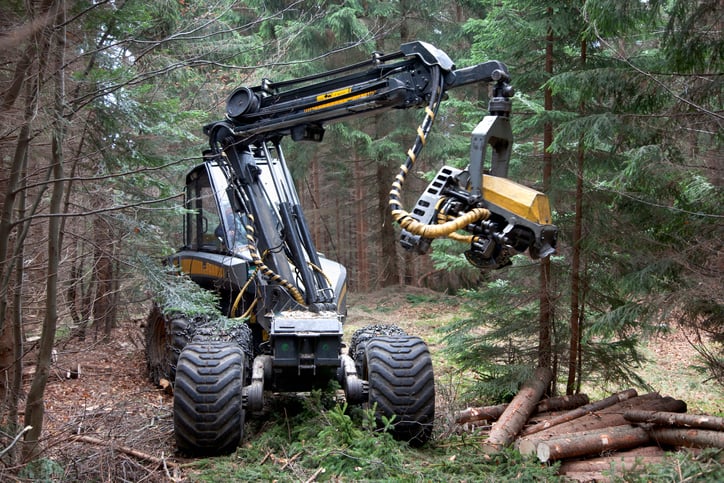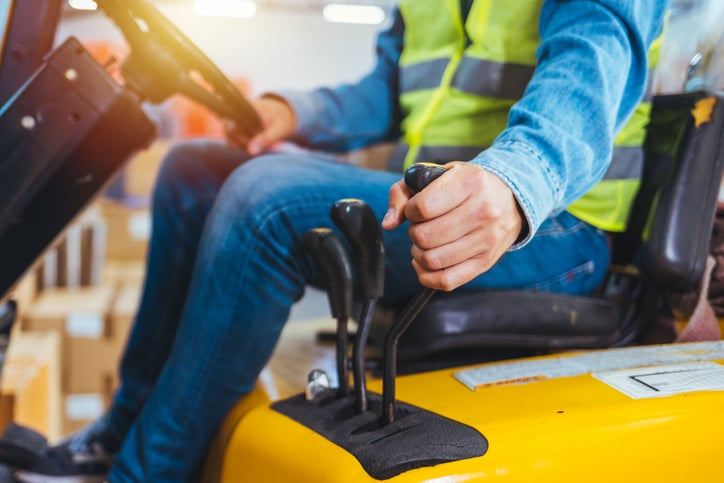Loans and Leases: Your Tax Benefits
What are the tax benefits of equipment loans and leases?
What are the Tax Benefits of Equipment Loans and Leases?
Before we get started, it should be mentioned that Smarter Finance USA is not an accountant company and is totally unqualified to give you tax advice.
We can give you generally accepted principles of tax benefits of equipment leasing, but this is the one area of our website where we are going to stay really general - if tax questions get complicated we are going to direct you to your tax professional.
With that being said there are great tax benefits to equipment financing, particularly if you are leasing.


Should You Pay Cash for Equipment?
You probably know that it is smart to have a mortgage on your house, because you pay much lower taxes because of it. It's the exact same thing when you lease equipment. In fact, if you pay cash for your equipment, you are in reality, paying more for it than you are by leasing.
Let's say you run a medical laser business and you need a new laser machine that costs $50,000. When you pay cash, you are paying for it in after-tax dollars.
For example, if you pay a 33% tax rate, and you are buying the laser machine with money you already paid taxes on, that machine really costs you $75,000 because you had to earn $75,000 and then pay $25,000 (33%) to Uncle Sam in order to have the $50,000 to buy the laser with.
What if you Lease Equipment?
On an equipment lease, you can usually write off the entire payments as operating expenses - so on an apples-to-apples comparison when you lease you only have to earn $50,000 to buy the same machine you would have had to earn $75,000 to pay for with cash.
This is only true for "Fair Market Value" (FMV) transactions.
What Does FMV Mean?
FMV relates to what happens at the end. Fair market value means you have a choice at the end of the term of returning your equipment or paying "fair market value" to retain the equipment.


Option #2: Write off the entire purchase Price Upfront
Section 179 allows you to write off the entire purchase price (up to $500,000) of any equipment purchased during 2016.
However, one thing to be careful of is depreciation recapture.
Let's say you buy a $50,000 piece of equipment and instantly write it off to save $15,000 on your taxes.
Now, imagine two years later you decide you want different equipment, and you sell the equipment you wrote off two years ago.
Depending on what the IRS determines the useful life of the equipment is, you will have to pay back a certain amount of the previous deduction. That means if your equipment had a useful life of 5 years but you only kept it for 2 years, you'd owe 60% of the deduction you took.
In the example above, that would mean owing the IRS $9,000 for depreciation recapture. That could be problematic - like if you have financed a truck - and it hasn't been paid off yet.
Option #3: Depreciate Your Equipment
Your last option is to simply depreciate your equipment yearly, taking deductions over the course of the equipment's useful life.
More Equipment Finance 101: 7 Basic Questions
- How much does it cost to finance or lease equipment?
- What is the difference between an equipment loan and an equipment lease?
- How do I qualify for equipment financing?
- Can I still lease or finance equipment with bad credit?
- Can a new business qualify for equipment financing?
- What are the tax benefits of equipment loans and leases?
- How does the process work?

